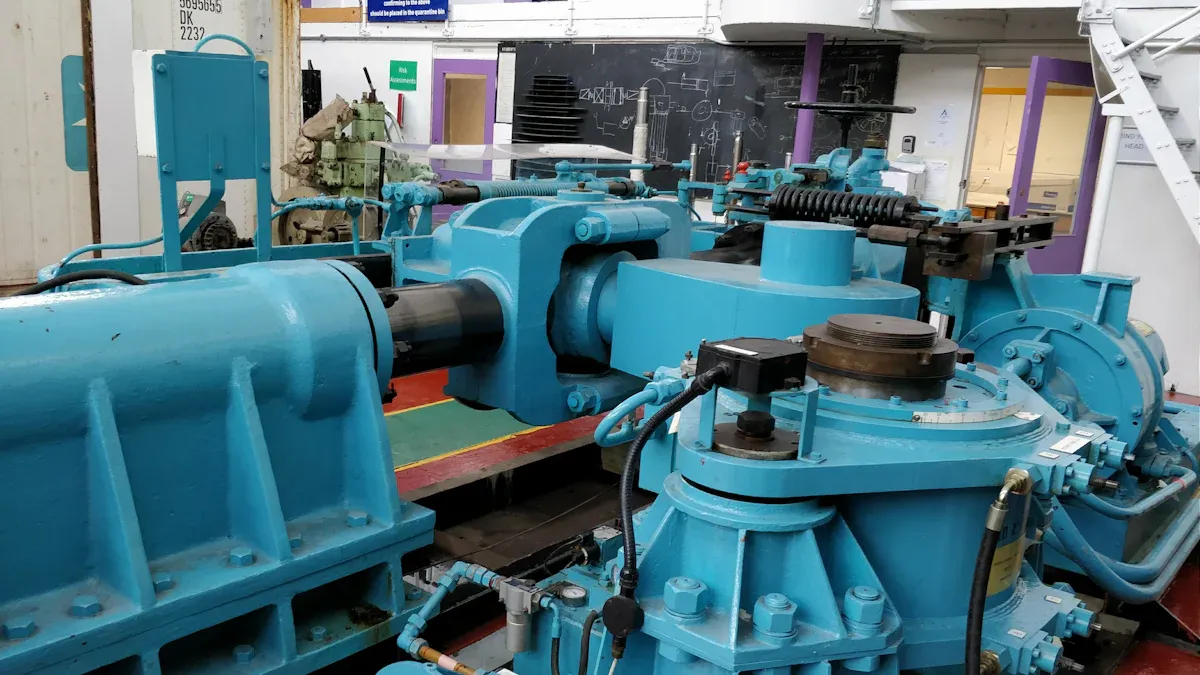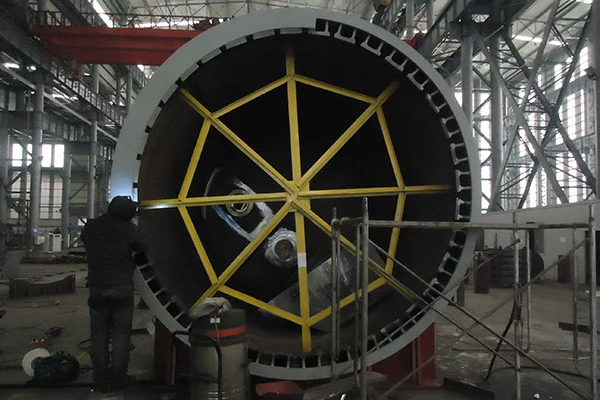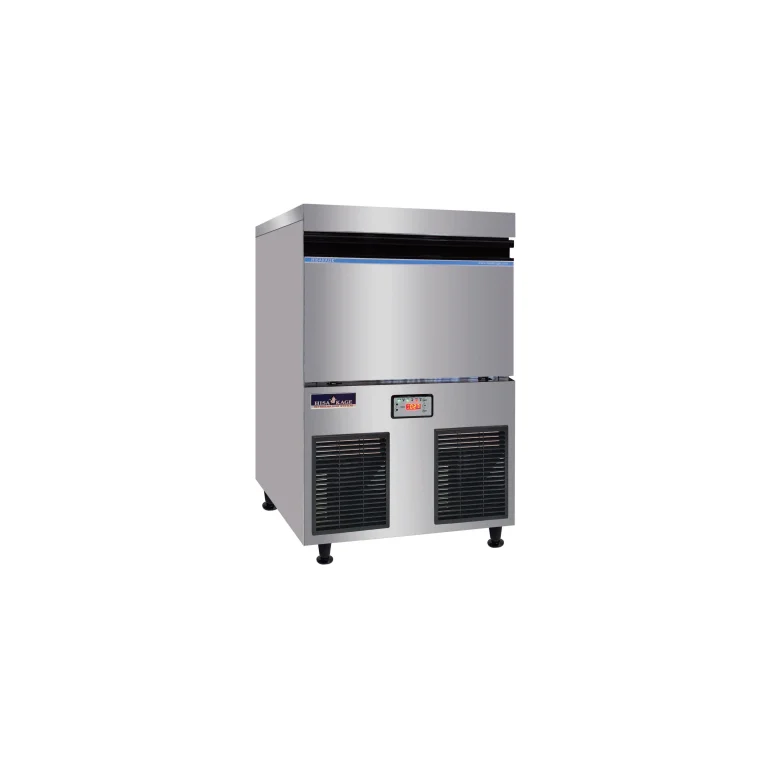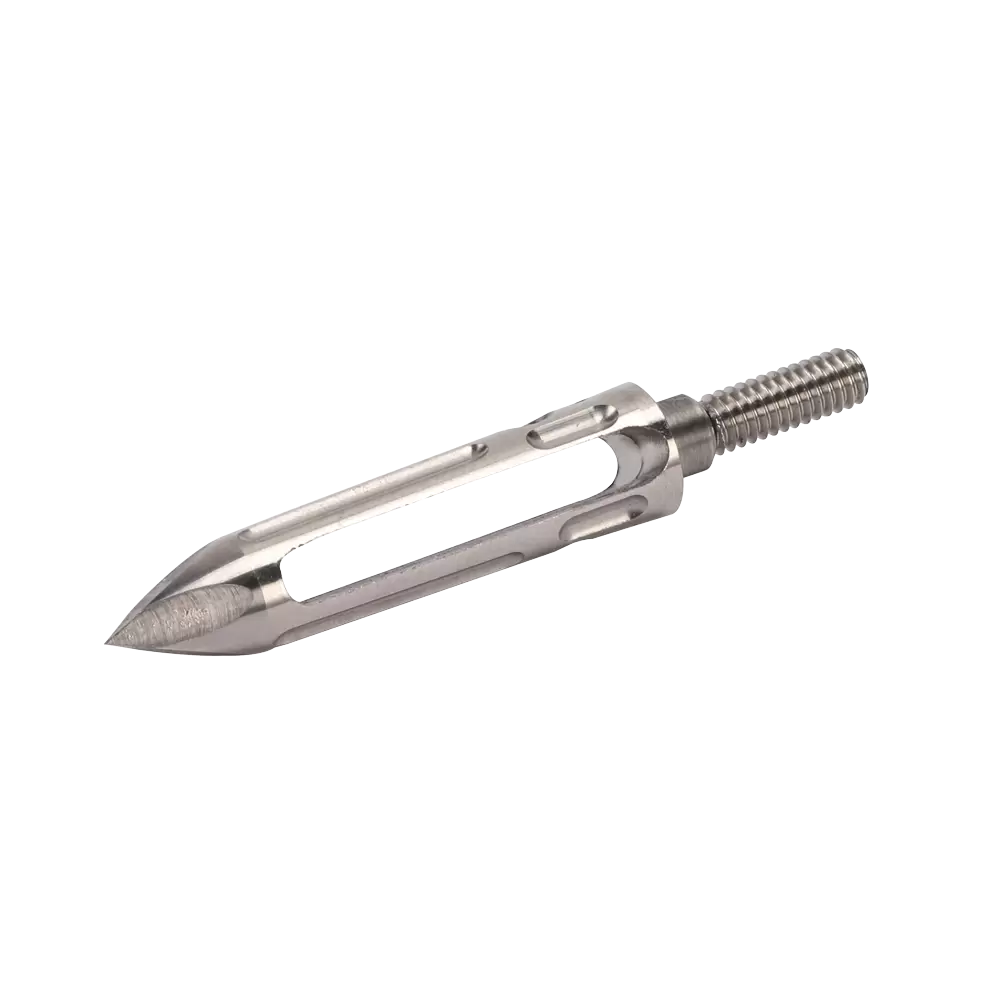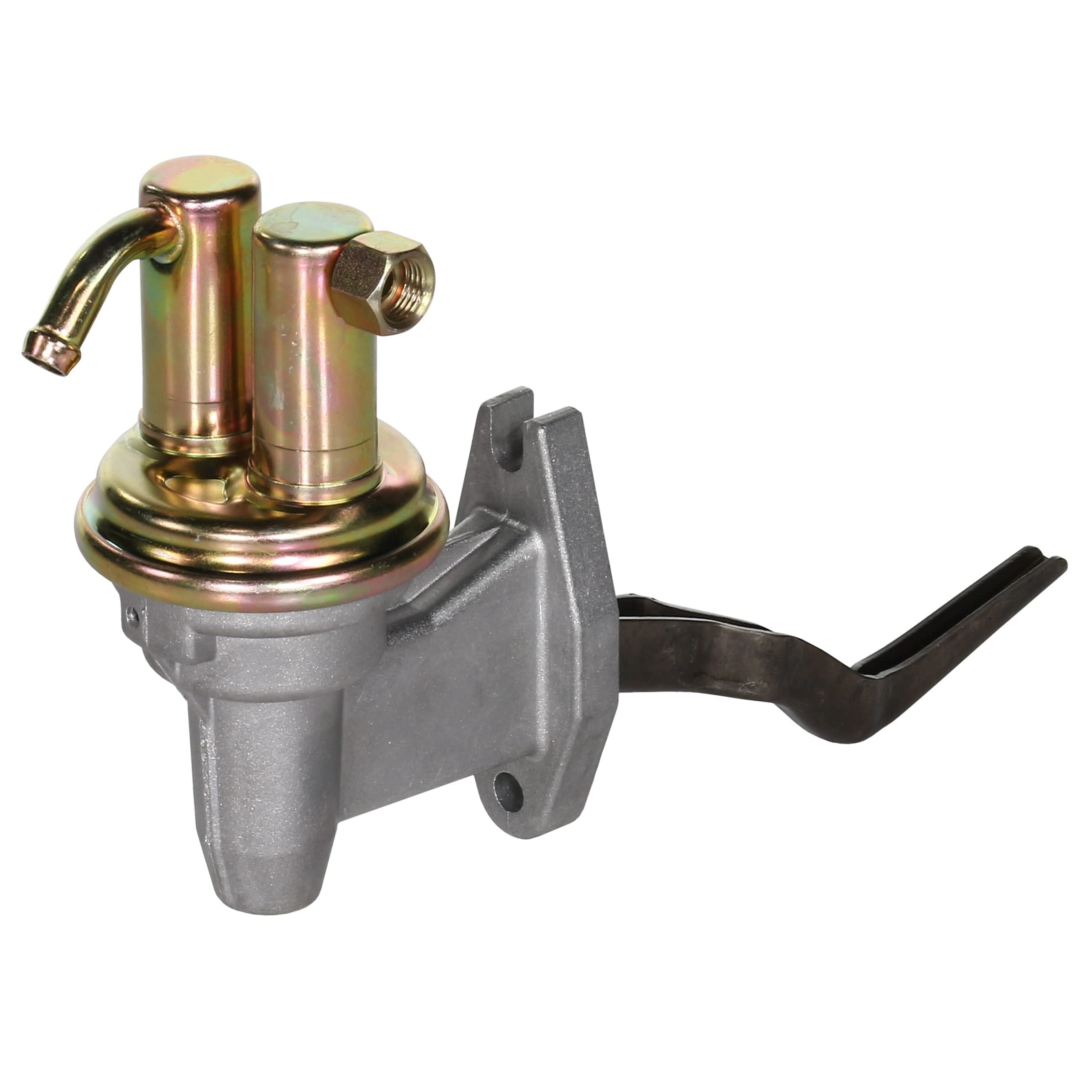
Mechanical fuel pumps play a crucial role in delivering fuel from the gas tank to the engine in many vehicles. While they are generally reliable, there are instances where these pumps can overheat, leading to potential issues with fuel delivery and engine performance. In this article, we will delve into the causes, symptoms, and solutions related to the overheating of mechanical fuel pumps.
- Understanding the Function of a Mechanical Fuel Pump:
Before we explore the overheating issue, it is essential to grasp the basic function of a mechanical fuel pump. These pumps are typically driven by the engine's camshaft or a separate eccentric shaft. They use a diaphragm or a set of gears to draw fuel from the tank and deliver it to the carburetor or fuel injectors at the correct pressure. - Causes of Mechanical Fuel Pump Overheating:
Several factors can contribute to the overheating of a mechanical fuel pump. One common cause is excessive engine heat, which can transfer to the pump and affect its performance. Additionally, a restricted fuel line or a clogged fuel filter can increase the workload on the pump, leading to overheating. Lastly, running the engine with a low fuel level can cause the pump to work harder than necessary, potentially resulting in overheating. - Symptoms of an Overheating Mechanical Fuel Pump:
Identifying the symptoms of an overheating mechanical fuel pump is crucial for timely intervention. Some common signs include engine stalling or hesitation, reduced power and acceleration, and increased fuel consumption. Additionally, a hot fuel pump housing or a strong smell of fuel near the pump area can indicate overheating. - Solutions to Prevent or Address Fuel Pump Overheating:
To prevent or address fuel pump overheating, several solutions can be implemented. Firstly, ensuring proper engine cooling is essential, as excessive heat can affect the pump's performance. Regular maintenance, including cleaning or replacing the fuel filter, can help prevent clogs and reduce strain on the pump. Maintaining an adequate fuel level and avoiding running the vehicle on low fuel can also contribute to preventing overheating. Additionally, upgrading to an electric fuel pump, which is less prone to overheating, can be considered in severe cases.
Conclusion:
While mechanical fuel pumps are generally reliable, they can overheat under certain circumstances, leading to engine performance issues. By understanding the causes, symptoms, and solutions related to fuel pump overheating, vehicle owners can take proactive measures to prevent or address this problem. Regular maintenance, proper engine cooling, and ensuring an adequate fuel level are key factors in maintaining the optimal performance of a mechanical fuel pump.
